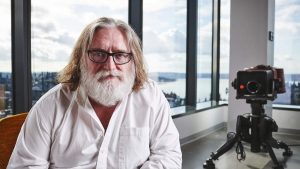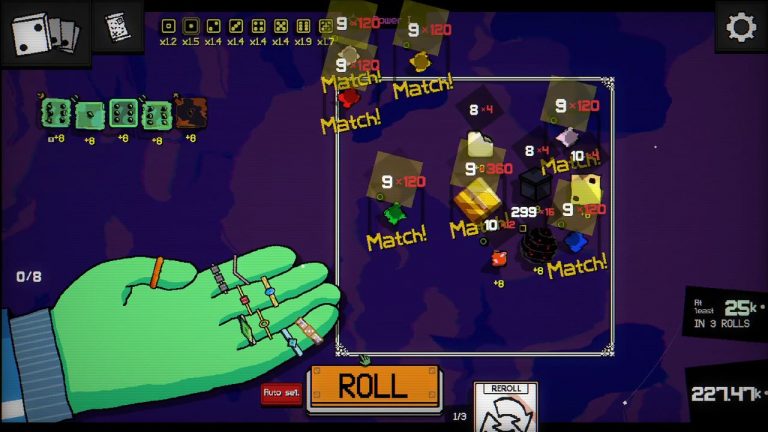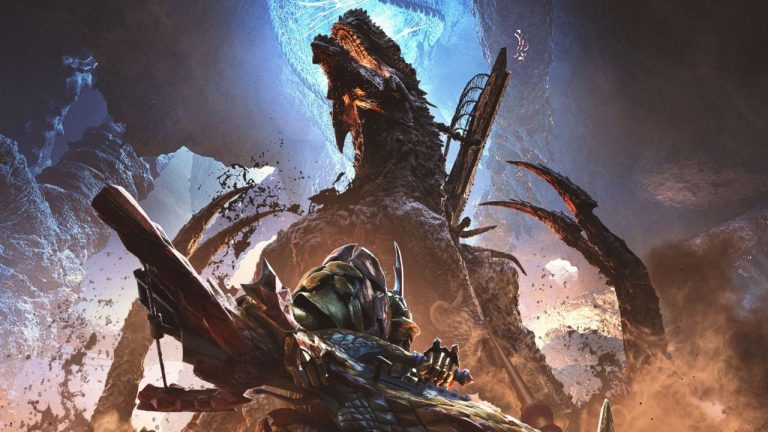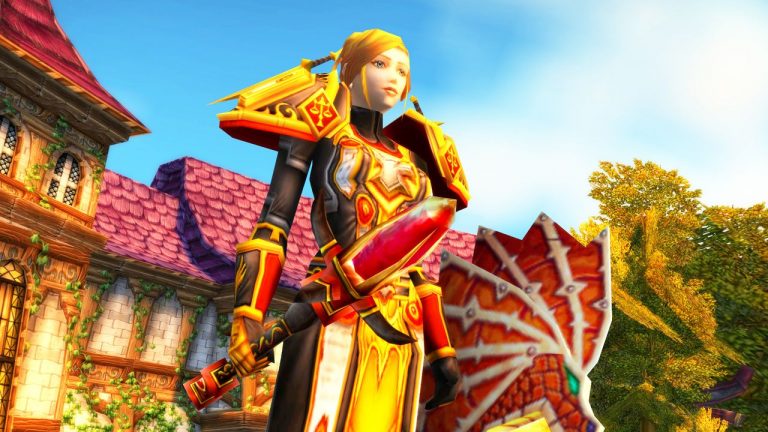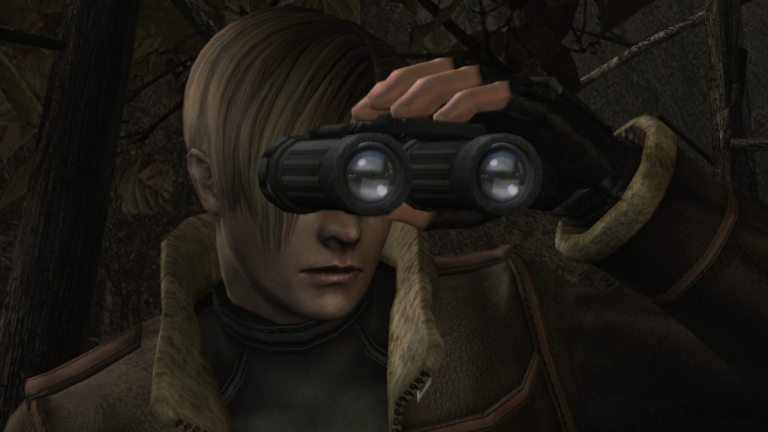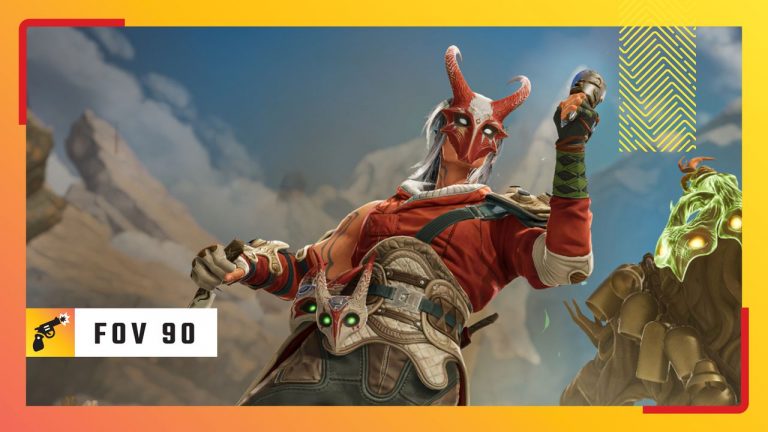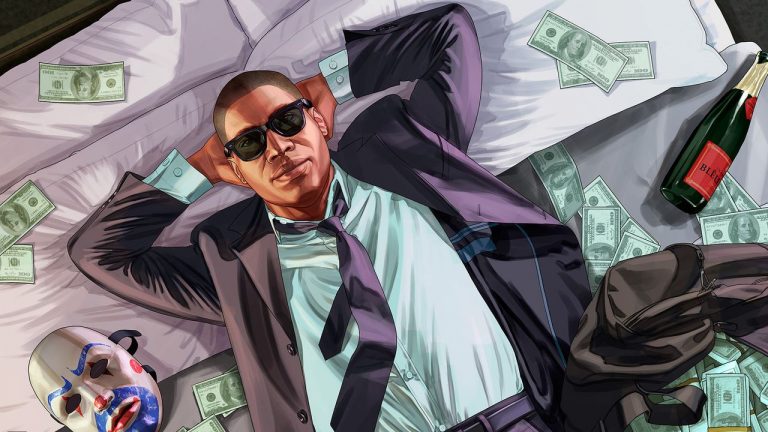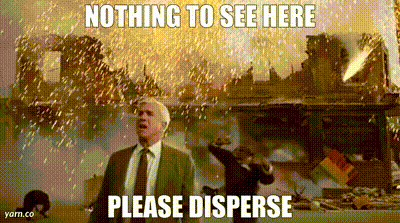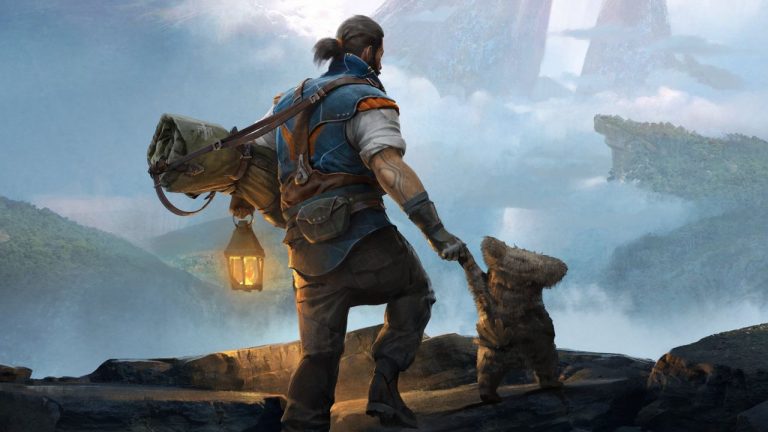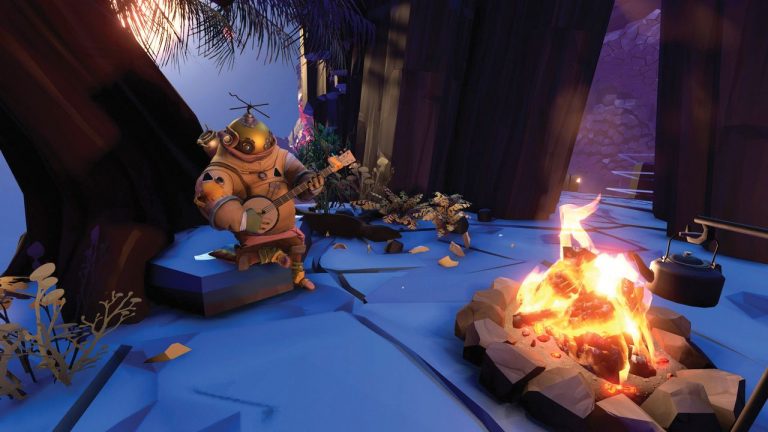Hey, did you know these Valve guys are doing pretty well for themselves? Handily going toe-to-toe with Amazon, making more money per employee than Apple, and having a center of gravity so huge that even Microsoft looks set to come crawling back to it. And I’m willing to bet that Monica Harrington, one of the company’s original executives and its first chief marketing officer, has a pretty solid idea of why.
During a post-talk interview with PC Gamer’s own Ted Litchfield at GDC 2025, Harrington revealed the big, shiny secret to Valve’s success—aside from her own technical competence and industry-savviness that saw her going to war with Sierra over its treatment of Half-Life. Simply put, “If you’re in this industry, people have to trust you if you’re going to be in it for a long time.”
In the talk before this interview, Harrington spoke about a game she was working on at Microsoft: “I felt confident I knew how to market a game. I just needed a game that was worthy of being a hit. But over time, I started to realize I wasn’t hearing great things about this game.
“I was pretty close to the technical teams then, and one of the things I would do is kind of walk up and down the halls to try and get the buzz that really wasn’t reflected in the reports that I was reading on a regular basis. The bottom line was I just wasn’t getting a good vibe.” Later, in a meeting, Harrington was able to, by proxy, cancel that game by just asking, “Are you sure?”
She used that unnamed game as a prime example in her conversation with Ted. “I knew—like the game that didn’t get shipped, right, at Microsoft. I couldn’t ask the people who’d worked on marketing that game to position it or to say untrue things about it.” Ultimately, Harrington posits, “We’re always trying to say the thing that’s honest, that puts your product in the best way, but you can’t use up your credibility, and you can’t lose it.”
Even at Valve, Harrington explains, “new projects got killed” for this reason. “I know there were times where people would say—reviewers, and these are people where it’s their job to evaluate these products … you would notice, if you’re paying really close attention: Hey, this thing that we’re all excited about? There’s some reason that person’s not lighting up.”
It’s that level of make-or-break excitement, Harrington argues, that allows people like her to be on the pulse of videogames as a whole. “A lot of people who were marketing geniuses were people in PR, and some of them worked at the agencies, but what made them so brilliant is they would notice the subtle undercurrents—and they would express them back to the people within the company by just asking questions, almost the way psychiatrist or psychologist would.” Again, that “are you sure?” from Harrington rings in my mind.
It’s quite frankly an impressive level of industry savviness—and maybe a little more actionable than some ideas put forward at the conference, like that one guy who said that some games just have the magic. Though, in fairness, it’s getting at a similar idea. However, for Harrington, it’s vital to either cut off games without the juice before they make it out of development—and fight like hell to keep the good ones going.
Steam sale dates: When’s the next event?
Epic Store free games: What’s free right now?
Free PC games: The best freebies you can grab
2025 games: This year’s upcoming releases
Free Steam games: No purchase necessary

